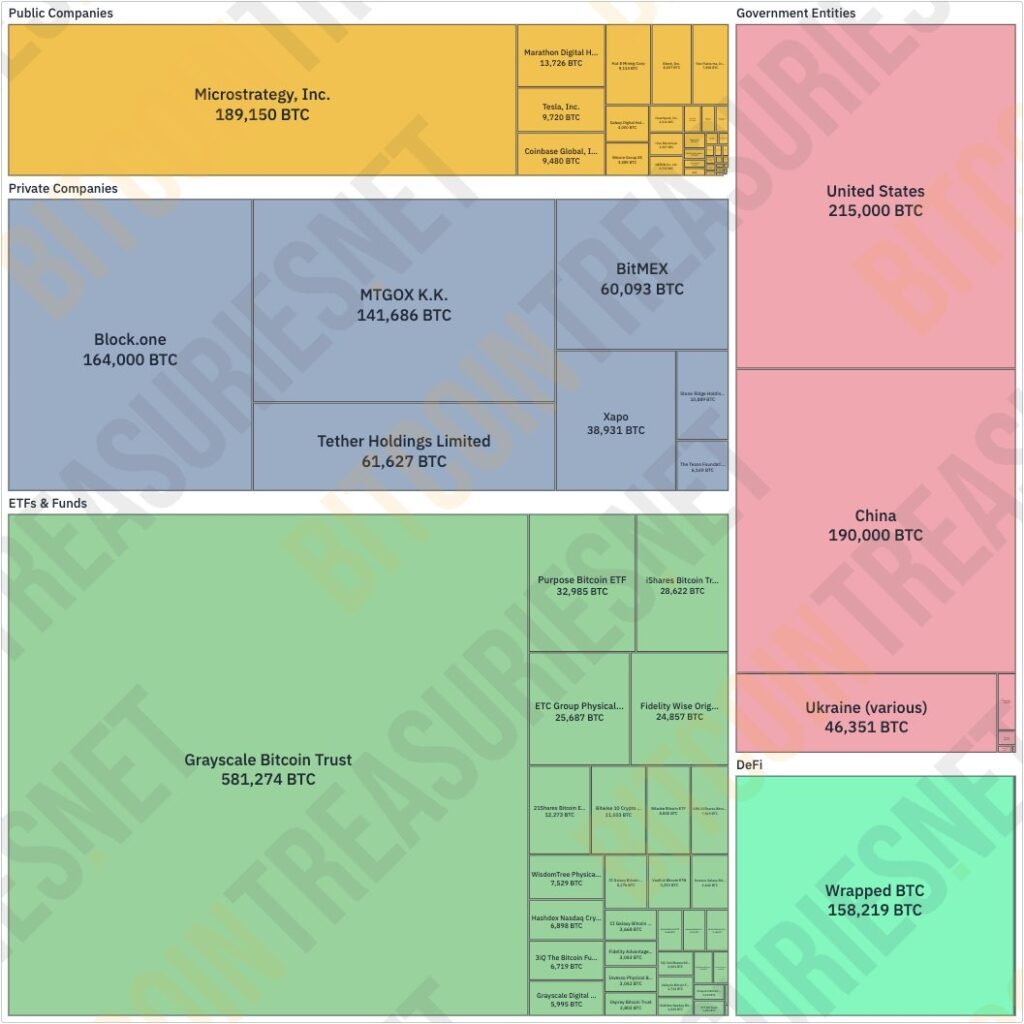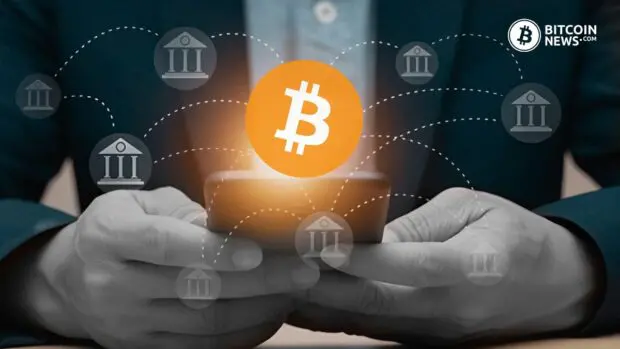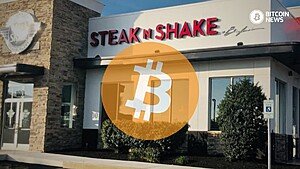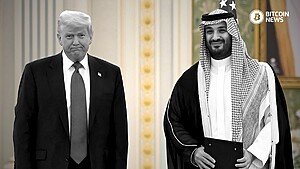Now that the first spot Bitcoin ETFs have been approved in the USA, some have been sounding the alarm about bitcoin adoption. They say that Bitcoin has been taken over by large financial institutions. If Bitcoin is to be a tool of financial freedom that was created in rebellion against these very institutions, how can it continue to be freedom money if those same banks now hold and control Bitcoin?
At least, that’s how the narrative flows. Whether or not it has any credibility will be the topic of discussion here.
How the Bitcoin Network Works
Given that most readers will be Bitcoin natives, this section may be preaching to the choir. Still, it has to be said, as briefly as possible, to set the stage.
No one controls Bitcoin. Michael Saylor has no more control over the network than does the person in El Salvador who has $5 worth of BTC that they received for selling pupusas on the street.
The most important aspect of the network are the archival full nodes, followed by the miners. Miners constitute a special type of node that have the ability to add blocks to the chain. Archival full nodes store copies of the entire blockchain, achieve consensus on which transactions are valid, and vote on changes to the software of Bitcoin.
Now, all of this is important to articulate, because it illustrates the architecture of the Bitcoin Network that really matters: the functional aspects, not the supply of coins that have been mined.
This is where the focus should be – not on who owns how many bitcoin. That factor is irrelevant.
Why ETFs Don’t Matter
Yes, it’s true. Big institutions have been gobbling up bitcoin to the tune of billions. But here’s the bigger question: who cares? This does not mean that they have somehow cornered the market or taken full control of the network, as some seem to suggest.
And yes, the US government holds quite a lot of bitcoin. Again, who cares? Of what consequence is this? Let’s assume, for the sake of argument, that it does matter who owns the lion’s share of the supply.
Let’s zoom out and take a quick visual glance at who owns all of the bitcoin supply. The picture is not as bad as some make it seem.

As we can see, the vast majority of coins are held by individuals. So even if the primary arguments here were valid, the concern is not.
Origin Philosophy vs Bitcoin Adoption
The debate between Bitcoin being an anarchist’s financial solution and it being a mainstream financial asset is as old as the genesis block. But this may be a false dichotomy of sorts. So long as Bitcoin remains decentralized, with independent individuals running their own full nodes, there’s no legitimate reason the two can’t coexist.
Bitcoiners ought to stop bickering about what role they think Bitcoin should play in the world. Anyone who wants to adopt Bitcoin can do so, and that includes large financial institutions. To assert that it should be otherwise goes against the primary ethos of Bitcoin. Ironic, considering those who argue this point do so from a place of wanting to protect that ethos.
As Max Keiser has said, “You don’t change Bitcoin. Bitcoin changes you.”










